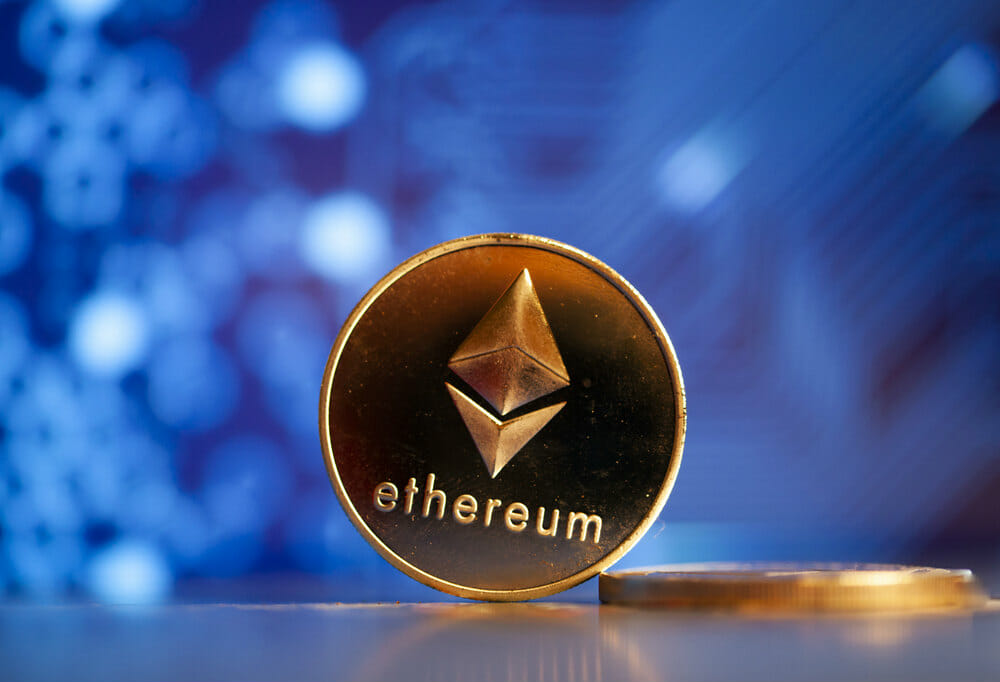The Ethereum Network upgrade will have better gas management and greater prevention of DDoS attacks. The hard fork includes a foundation for future implementations as part of the transition to ETH. 2.0.
Ethereum’s Berlin hard fork has four improvements that seek to ensure more speed, more security, and cheaper transactions. The developers hope that it will happen on the blockchain after the transition to Ethereum 2.0 is complete.
The Berlin update will be online at the height of block 12,244,000 of the Ethereum Mainnet. The specific time may be advanced or delayed depending on fluctuations in block time.
Changes that Berlin Will Introduce on the Ethereum Network
Berlin should optimize the performance of the Ethereum Mainnet and contracts, as well as the management of transaction fees. Also, it should change the way the Ethereum virtual machine (EVM) reads the code and prevents distributed denial-of-service (DDoS) attacks.
The Ethereum EIP-2565 upgrade proposal seeks to lower the cost of ModExp (modular exponentiation) pre-compiled contracts. That protocol calculates the cost of modular precompilation allowing more cost-effective verification of RSA signatures. Those verifiable delay functions (VDF) or SNARK are useful to improve the performance of the blockchain.
Through the EIP-2565 algorithm, it will be possible to reduce the cost of fees for ModExp pre-compiled contracts. The latter were so expensive (between USD 30 and USD 40) that they had become inefficient. The reduction of the cost of precompilation makes advanced arithmetic operations more practical. This can improve the network’s security, according to developer Kelly Olson.
Another proposal that Berlin will activate is the EIP-2929 protocol, which is responsible for increasing gas consumption. This allows the activation of the codes of storage access operations such as Sload, Call, Balance, Ext, and Selfdestruct.
More Security and Foundations for the Future of Ethereum
Regarding the need to implement EIP 2929, Vitalik Buterin, the co-creator of Ethereum, referred to the Shanghai attacks. That series of events occurred in 2016, when a DDoS attack generated a lot of spam transactions on the network. A host of malicious transactions led to the proliferation of “uncle blocks” that confused miners.
To end the Shanghai attacks, it was necessary to delete more than 20 million empty transactions that malicious actors had submitted. However, storage accesses were still a problem as more space was necessary.
“To reduce this problem, we must eliminate the possibility of creating blocks that take a long time. EIP-2929 will reduce the time to process a block to between 7 and 27 seconds, instead of between 20 and 80 seconds. Likewise, there is less possibility of an attack given that the storage call code is more expensive,” Vitalik Buterin explained.
In addition to that, Berlin will introduce a network improvement proposal that will alleviate the increase in gas consumption that EIP-2929 generates. The EIP-2930 protocol allows specifying an access list to send a scheduled transaction. This includes a list of addresses and storage keys that the user plans to access. With this, it is possible to use the lowest rate that EIP-2929 enables.
The new types of transactions on the Ethereum network have made it necessary to follow certain complex rules. However, the implementation of this new proposal makes it possible to effectively prevent the introduction of more complexity with the different types of transactions.
By Alexander Salazar











